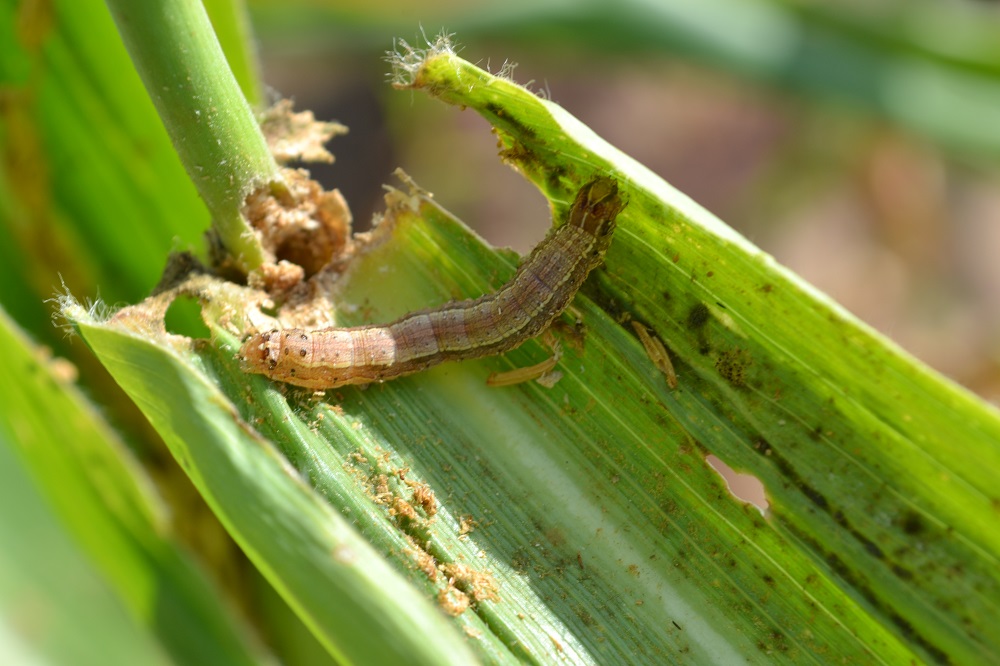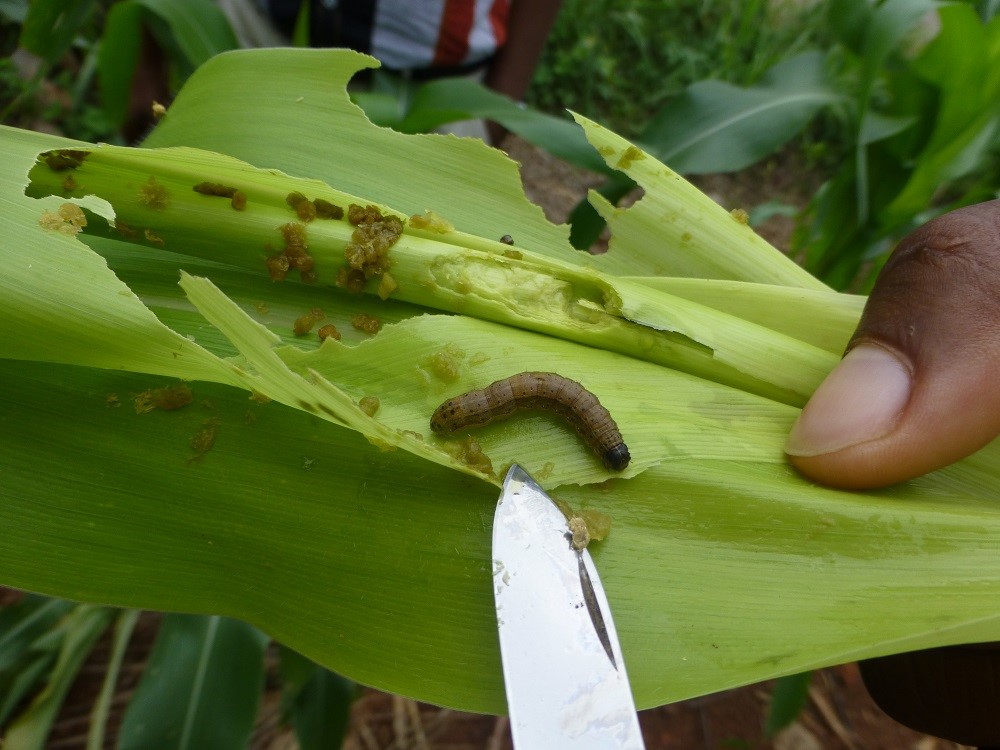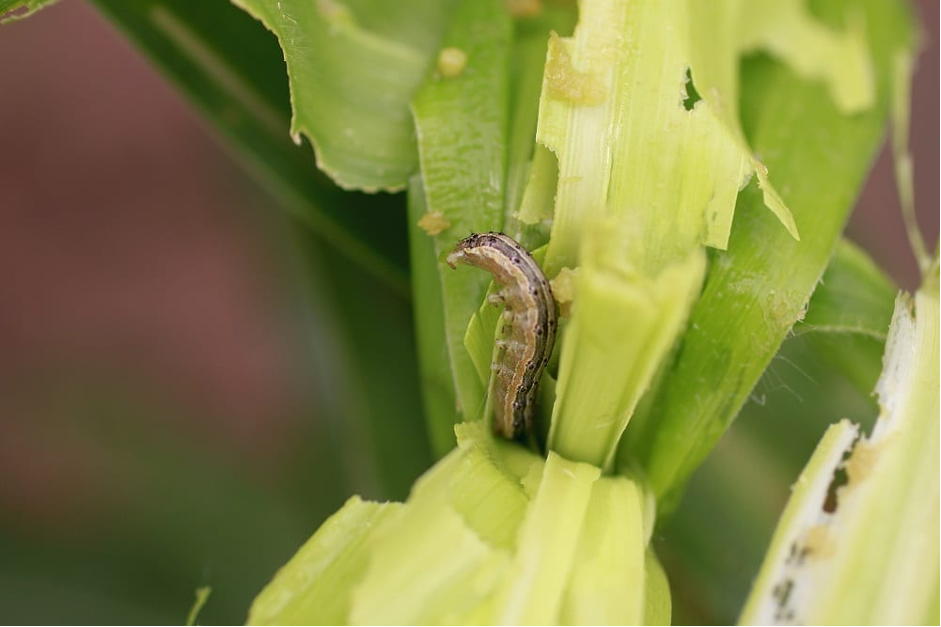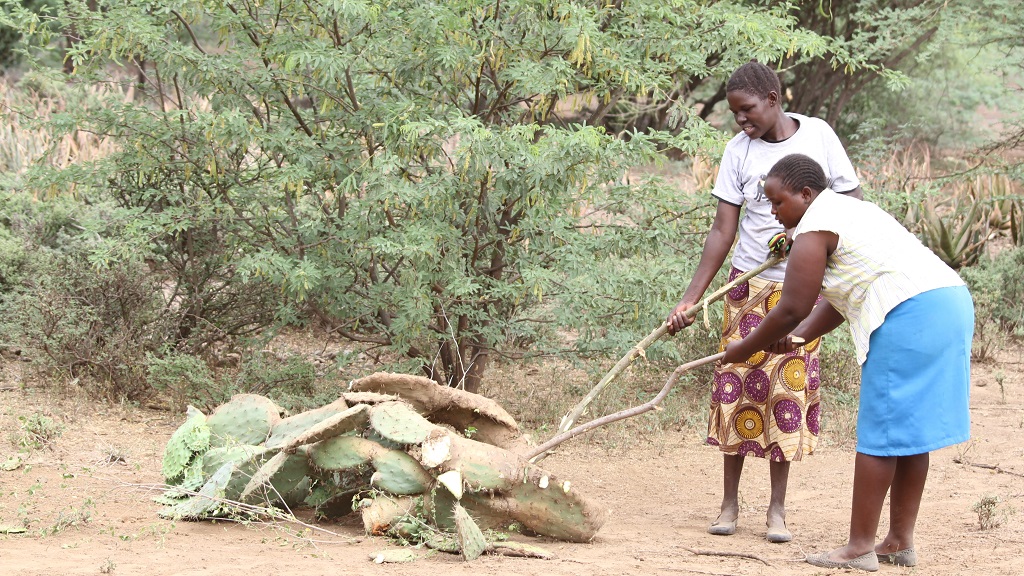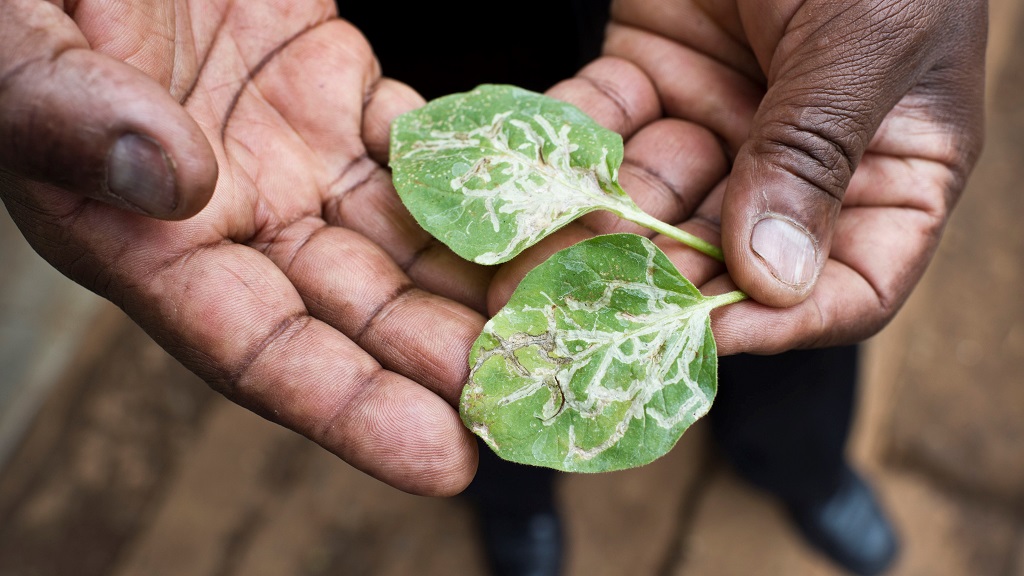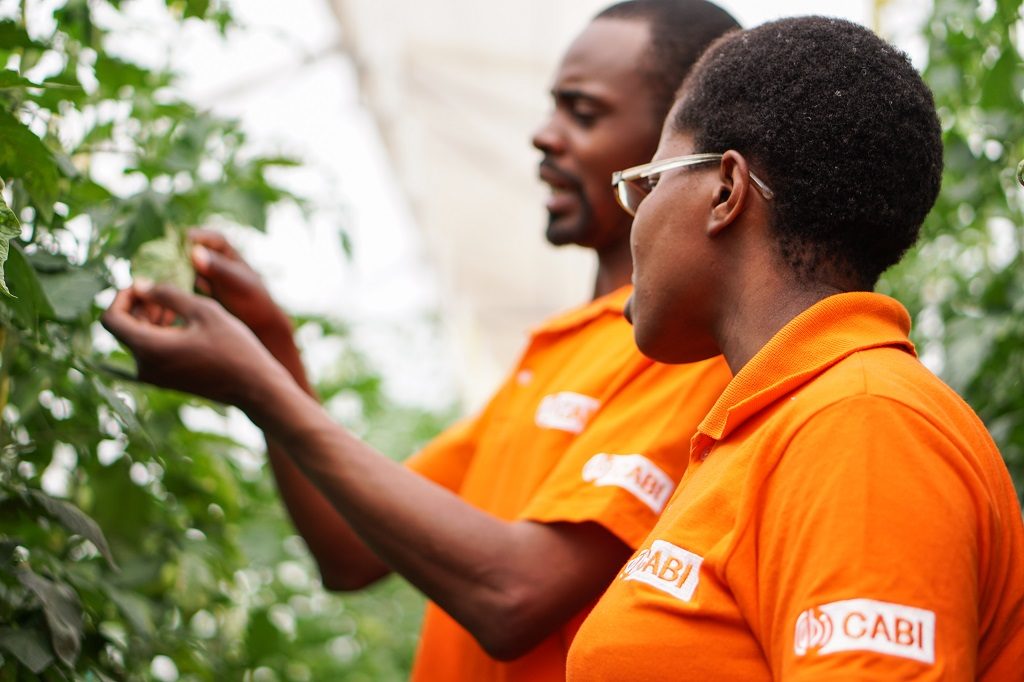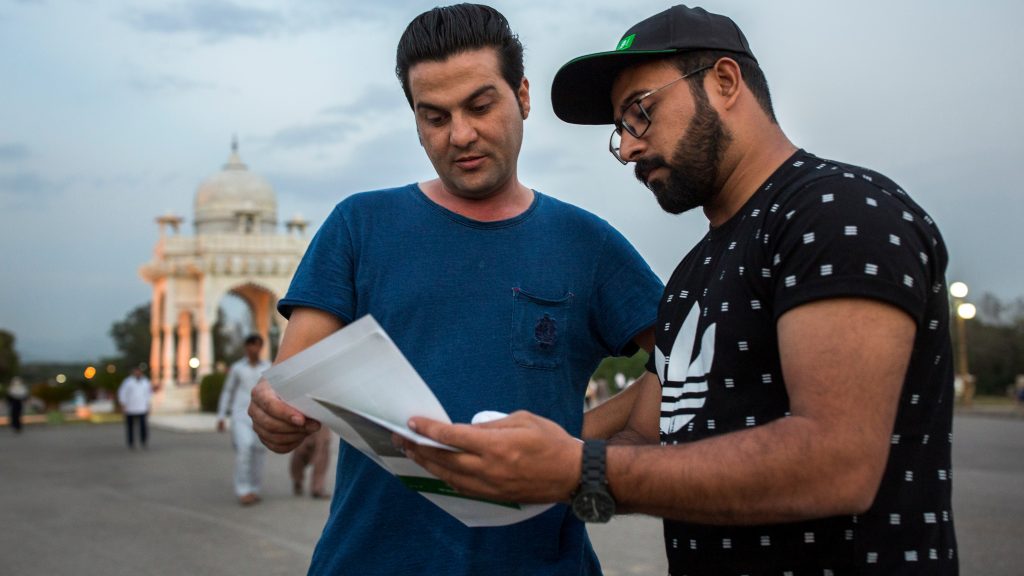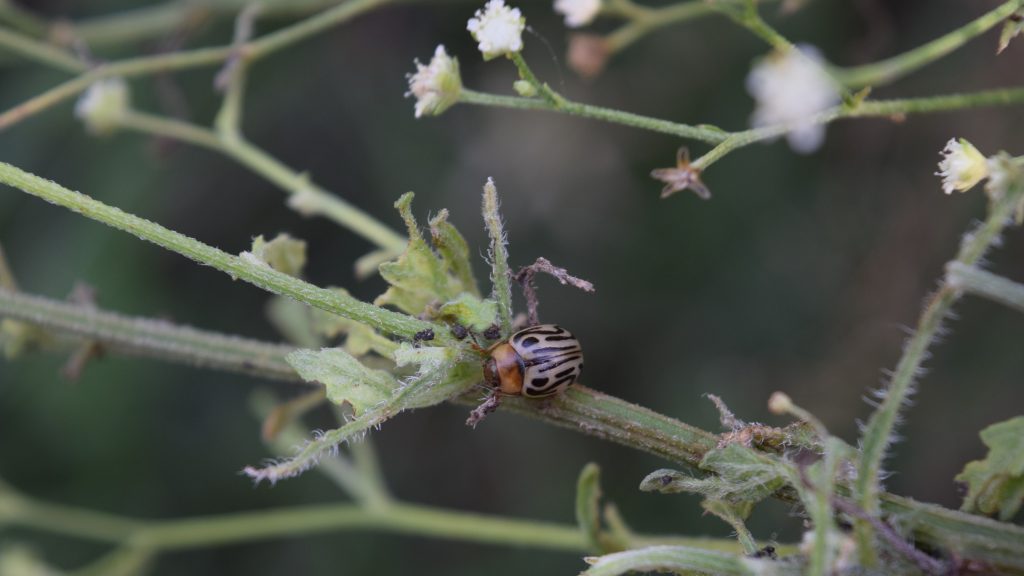CABI and MARA scientists explore collaboration to find effective natural enemies for devastating Fall armyworm
Scientists representing the MARA China-CABI Joint Laboratory for Biosafety and MARA China-CABI European Laboratory have convened to discuss the very latest research efforts in a bid to find sustainable and effective natural enemies to fight the devastating Fall armyworm (Spodoptera frugiperda).
Do invasive species impact men and women differently?
We know that invasive species – whose introduction and spread threaten biodiversity – disproportionately affect communities in poor rural areas who depend on agriculture and natural resources for their livelihood. But do gender roles and relationships in agriculture influence the way men and women experience the impact of invasive species?
New paper calls for scientific diplomacy in plant health
Co-authored by leading plant health community representatives a newly-published paper calls for an international research collaboration in the fight against plant pests and diseases. The paper, published in Nature Plants, brought together 28 institutions, including CABI, and analyses new perspectives and challenges on global phytosanitary research coordination; particularly as human trade and movement continues to…
Training of Trainers on awareness and management of Parthenium in Pakistan
As one of its key priorities, CABI under the Action on Invasives programme aims to raise awareness about the threat of invasive species with the relevant government departments in Pakistan. In particular to address the issue of the highly invasive Parthenium weed. Through public awareness campaigns and sharing invasive management advice for better control practices,…
Collaborative writeshop produces pest management decision guides for invasive species in Pakistan
Invasive alien species (IAS) have devastating impacts on native biota, causing the decline or even extinction of native species, negatively affecting ecosystems. Invasive plants, animals, insects and microorganisms enter and establish in environments outside of their natural habitat. They reproduce rapidly, out-compete native species for food, water and space, and are one of the main…
Invasives Most Read 2018
2018 has been a bumper year for the CABI Invasives blog, with 4 times more posts than 2017 and over twice the number of views (over 20,000!). With so many articles published this year, we have compiled a list of the top 20 most read to round off 2018.
Action on Invasives short course on classical weed biological control
Invasive species pose a serious threat to food security, biodiversity, water resources, human and animal health, and economic development. It is widely acknowledged that integrated control is the most effective strategy in managing invasive plants where it involves the use of herbicides, manual or mechanical control, and biological control agents in an integrated way. Last…

